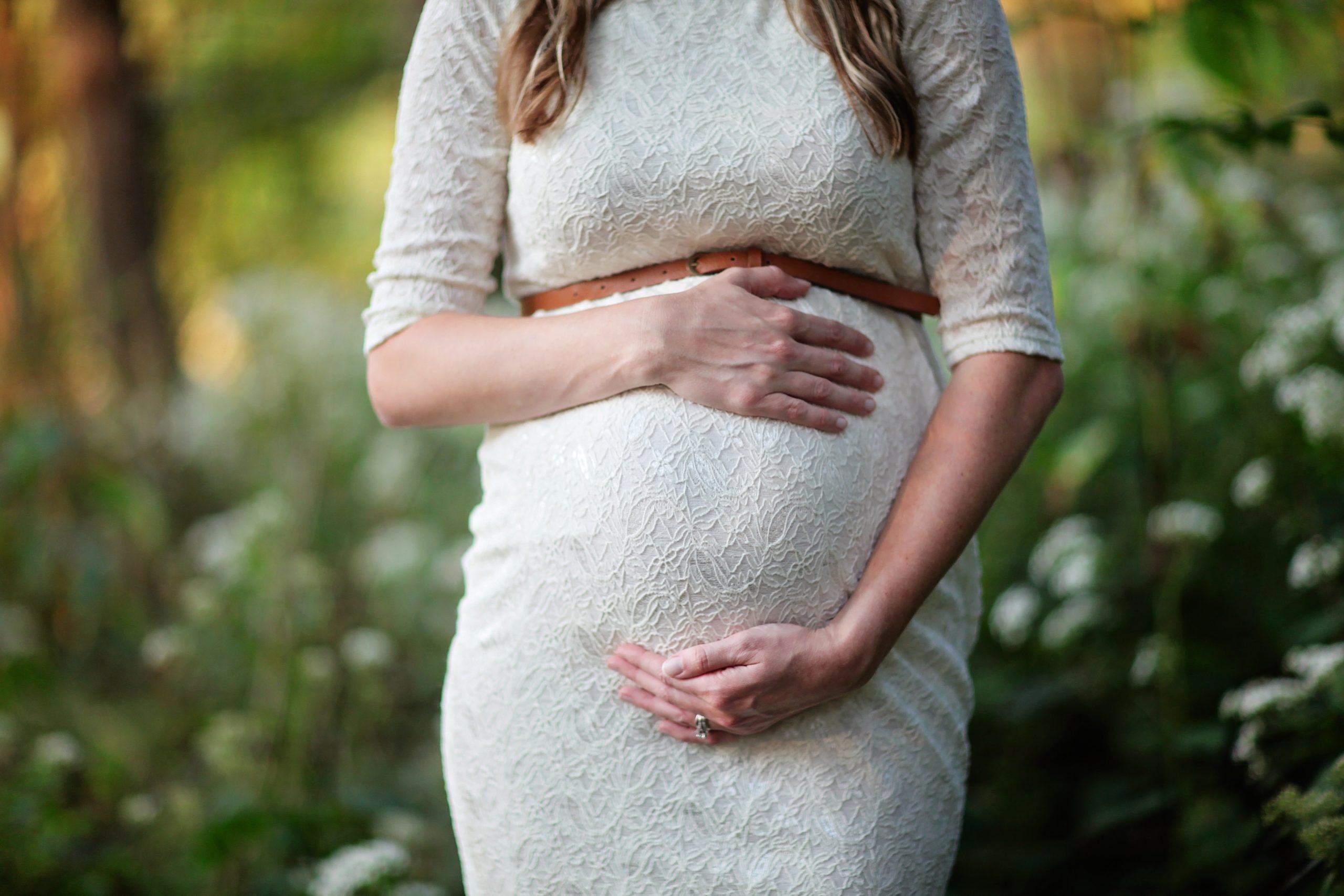With more couples trying to conceive at an older age, fertility preservation is gaining popularity. More women are opting for Upper East Side egg freezing as a backup plan should they decide to have a family later in life.
If this describes you, and you have started doing your research, you are probably coming across a bulk of information that could be outrightly overwhelming. Do not panic! This guide outlines everything you need to know before considering an egg-freezing procedure.
- Egg Freezing Is Not An Insurance Policy
Egg freezing can lift the stress off you by knowing you can have your child later. However, this procedure is not a surefire way to guarantee you forever fertility as not all the eggs you freeze will be viable.
The success rate of pregnancy after egg freezing depends on the egg’s quality and quantity when you froze them, and how many are viable and healthy once they come out of storage. Besides, fertility changes with age. Therefore, if you freeze your eggs in your 20s, but use them in your 30s, you must contend with the realities of conception and pregnancy at that age.
- There Is No Ideal Age for Egg Freezing, but There Are “Better” Ages
Ideally, the best time to consider egg freezing is in your 20s and early 30s. At this age, you have a better ovarian reserve (more eggs in your ovaries) and are of better quality. Therefore, freezing your eggs early increases the likelihood of a successful pregnancy.
Nonetheless, having your fertility hormones examined can tell you much about the condition of your ovarian reserve. Based on the findings, your doctor will work with you to determine if egg freezing is appropriate. Nevertheless, egg freezing is often not suggested during the late 30s.
- The Egg Retrieval Process Can Be Intense
A lot goes into egg freezing before you get to the point where your eggs are frozen. First, your specialist will draw blood or perform an ultrasound to examine your ovarian reserve and screen for infectious conditions.
Then, you will receive hormone injections to trigger ovulation. Once matured, your doctor retrieves the eggs, then flash freezes them in a process known as vitrification. Therefore, you should be physically and psychologically prepared to endure the procedure.
- There Can Be Side Effects
Everybody’s body is different. Nonetheless, it is common to experience some side effects after the egg retrieval procedure. For instance, you might experience pain, cramping, and mood swings because of the hormones.
Therefore, consider scheduling time off for your egg retrieval procedure. However, you can resume work and other routine activities after several days. Also, avoid male sexual encounters to avoid risking pregnancy from any leftover eggs your specialist might miss.
- It Is Expensive
The egg-freezing process is expensive, and various recurring expenses come with it. Thus, if you are considering egg freezing, knowing the expenses involved and what your insurance might or might not cover is important.
Some insurances cover the cost if you are considering egg freezing for medical reasons like cancer therapy or serious endometriosis. However, if you freeze your eggs for elective reasons, most insurance will not cover them.
It is easy to feel overwhelmed when making decisions about fertility. Luckily, women who do not plan to have a child now but might want to later can explore egg freezing. This procedure increases women’s likelihood of having a child as they age.
The information highlighted in this article can provide an overview of what to expect with egg freezing. However, contacting a specialist is the only surefire way to determine if egg freezing is the best solution for you.











Leave a Reply